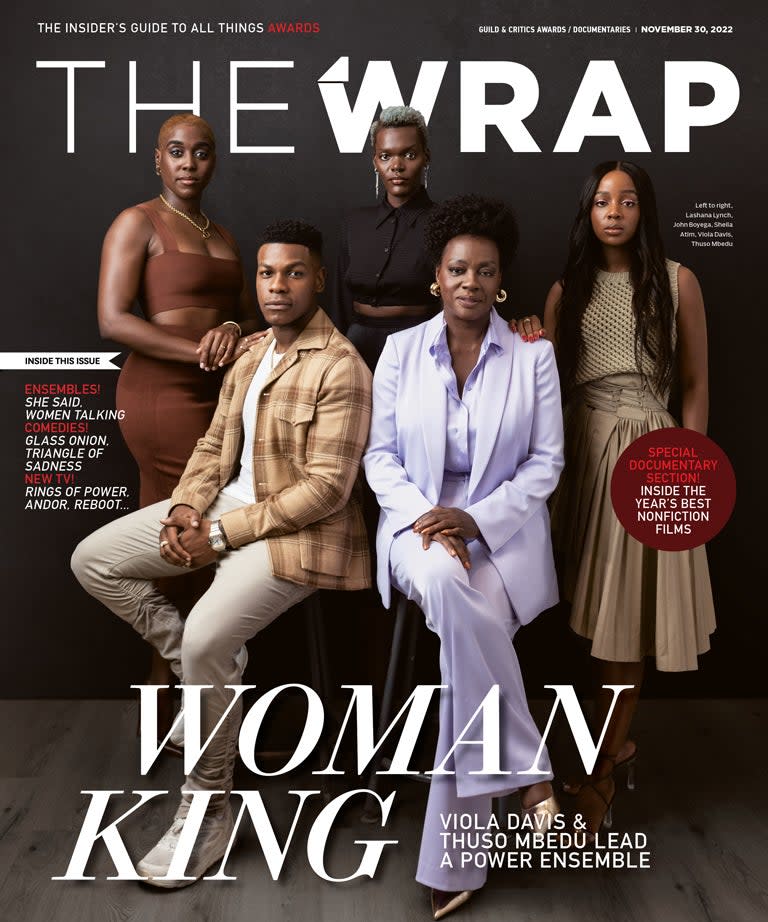‘Last Flight Home’ Director on Filming Her Father Before His Assisted Suicide
- Oops!Something went wrong.Please try again later.
- Oops!Something went wrong.Please try again later.
This story originally appeared in the Guild & Critics Awards/Documentaries issue of TheWrap’s awards magazine.
In 2021, director Ondi Timoner’s ailing 92-year-old father, Eli Timoner, who had been partially paralyzed since he had a stroke at the age of 53, announced that he wanted to end his life with assisted suicide. Timoner (Dig!, We Live in Public) filmed his final weeks in a tender and startlingly intimate film.
How did you decide to start filming?
When my father went into the hospital for breathing problems, it wasn’t to do with COVID, but it
was during COVID. So there was no seeing him. And after a few days in bed as a paralyzed person
who was 92 and wasn’t going to walk again, he declared that he really wanted to die. He was the
most tenacious person any of us ever knew, so we never expected that he would suddenly make this
choice. But there was no wavering.
And I panicked because I don’t have any memories of him before his stroke, which was when I
was 9 and a half. I can’t remember his physical body moving like a non-disabled person, so I was
terrified to forget him and forget his voice and forget his personality. And when my brother found
out that the End of Life Option Act existed in California and that dad could come home for this 15-
day waiting period, I had this crazy, intense, unstoppable urge to film him.
It’s surprising to me that this film exists because even the urge to set up cameras felt wrong. Like
maybe I was mediating my own experience and trying to hide behind the camera, or maybe I was
going to be disrupting Dad’s experience or my siblings or my mom. I didn’t want to negatively affect
anybody, but I also felt that this had to be done, and I just didn’t know why. My films are often like
that. They trace life as it’s unfolding. And then talking to him, I said, “Dad, I feel like I have to set up cameras.” And he was like, “I instinctively know you’re on the right track.”
Your family seemed so open to what was happening and willing to be transparent.
(Timoner’s sister) Rachel wanted this to remain private and didn’t think there should be cameras.
But Dad wanted it and Mom wanted it. And even as we approached his death, I would notice my
brother jump behind the camera if his kids were talking to Dad, because it was like, that’s all we’re
gonna have left. It suddenly became so valuable to everyone.
Rachel asked me to make a video when Dad died for the Zoom memorial. It was supposed to be
five minutes long, and it turned into this 32-minute video in a week. I mean, he was alive inside the
Avid, and I could just sit back and watch him and be with him in this way where he’s out of pain. It
was magic, absolute magic. I could not stop editing. So the 32-minute film emerged, and the
memorial became like a film screening. And then I just kept going and it kind of flew through me. I
don’t really know how to explain it. I feel like it’s partly Dad at work. It’s Dad and me in
combination, almost.
Read more from the Guild & Critics Awards/Documentaries issue here.


